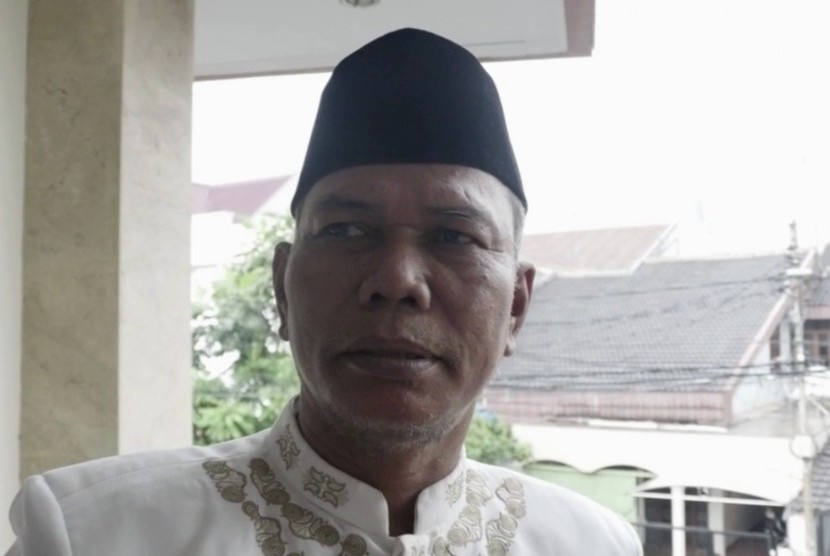REPUBLIKA.CO.ID, JAKARTA -- Indonesian Mosque Council (DMI) Jakarta chairman Makmun Al Ayyubi said no mosques detected spreading radicalism yet in the capital city. He said preach that include messages of hostility and hate speech could be considered as radical.
So far DMI only found sermon that conveyed criticism to government policies. However, it can not be said as radicalism preach.
Criticism to government in preaching has clear basis, so I dont think its part of radical understanding, Makmun said on Wednesday (June 6).
Jakarta has 3,400 mosques, DMI listed. Among the number, about 200 mosques in the capital city are not in coordination with DMI.
Only a small number of mosques that did not coordinated with DMI because the mosques already can fund its own, Makmum said.
DMI Jakarta will continue to coordinate and communicate with all mosques. It was necessary to prevent the spread of radicalism that might be done silently. "We check after the news that said 40 mosques spread radicalism, even in the city and sub district level, said Makmun.
In addition to coordination and communication, coaching is also done to mosques caretakers. Hopefully, the activity can foster people well, Makmum said.
Earlier, Jakarta Deputy Governor Sandiaga Uno confirmed dozens of mosques in Jakarta have spreaded radicalism. The list of radical mosques owned by Bureau of Education, Mental, and Spiritual (Dikmental) and Jakarta Muslim Charitable Donations Board (Bazis).
There are 30 mosques on our list, said Sandiaga on Tuesday (June 5).
Sandiaga argued, one of the causes radicalism grows is injustice. It is implemented to young generation and becomes beliefs which later develops into understanding. Those people then took a short cut to achieve their goals.
Information about the mosques that spreaded radicalism was first conveyed by Muslim Intelectual Azyumardi Azra. He shared the information during a metting with President Joko Widodo (Jokowi) at State Palace on Monday (June 4).
Azyumardi said there are 40 mosques in Jakarta that delivered sermons close to radicalism. He assessed preachers should not teach radicalism and intolerant ideology.
According to him, intolerance must be dealt comprehensively. The government must reinforce the social coalition through, for example, the re-establishment of the spirit of nationalism, as well as local wisdom and the strengthening of Wasatiyyah Islam (Islam middle way).


